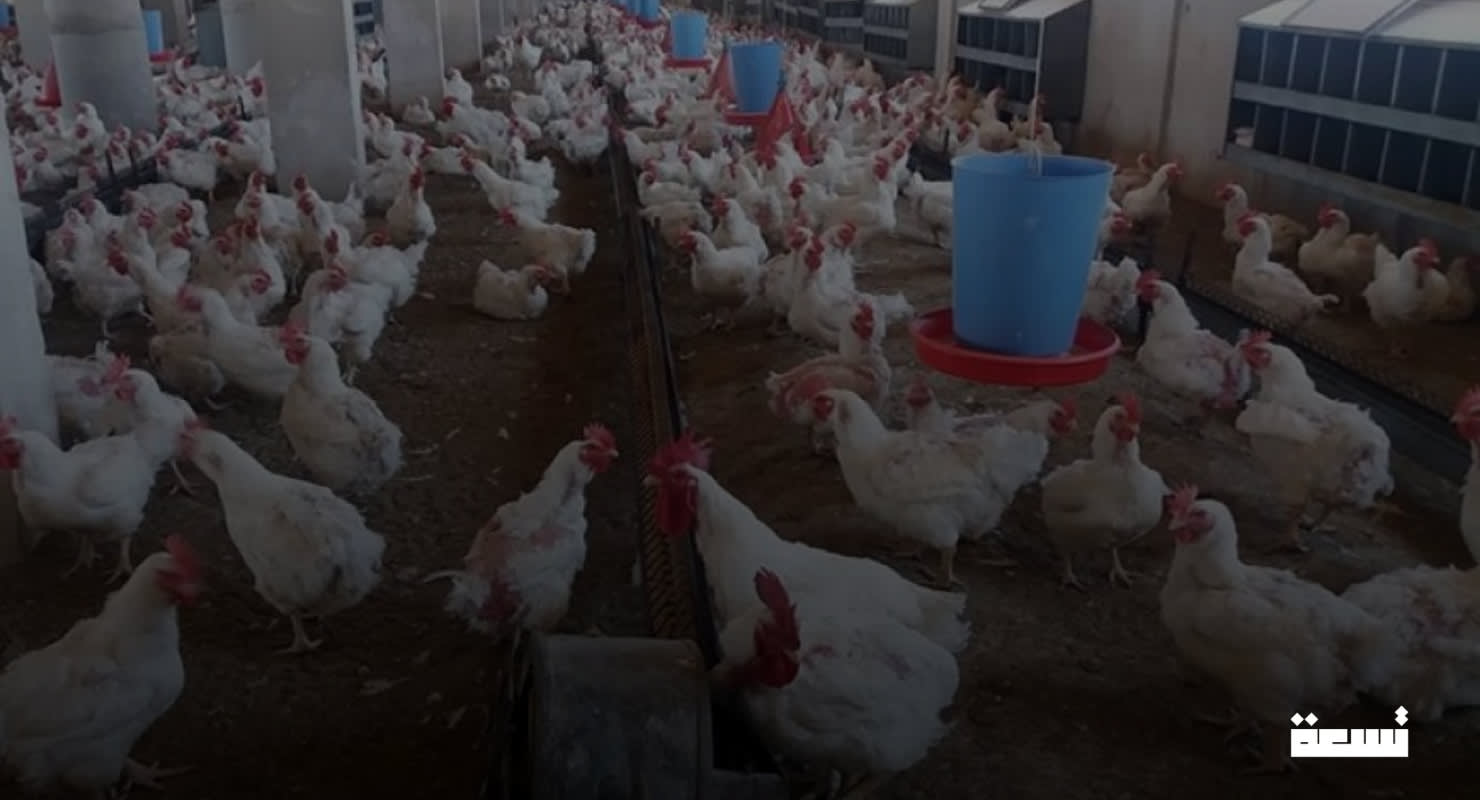Will chicken prices rise during the month of Ramadan??

Saad Eddin explained to "Al-Watan" newspaper that "market supply matches demand," pointing out that "live chicken and its parts prices have been stable for a while, thanks to the ample availability of feed, stable transportation costs, and lower heating supplies prices."
Saad Eddin added that "a good percentage of breeders have returned to work with improved production conditions," noting that "the number of working poultry in Syria has risen to about 77% of the total poultry, compared to 35% before the fall of the former regime."
Regarding the impact of frozen Turkish chicken in the markets, Saad Eddin confirmed that "it has not affected local chicken sales," pointing out that "some consumers prefer frozen chicken due to its lower price, while others prefer the local product."
Earlier, the head of the Craftsmen Association of Butchers, Moataz Al-Issa, affirmed that "the poultry sector in Syria has witnessed a relative improvement in production, after a 40% decrease in raw material costs and poultry equipment due to the exchange rate decline."
Al-Issa clarified in previous statements that "the number of licensed and unlicensed poultry farms in Damascus and its countryside is about 1270 farms, of which only 500 are currently operational. The gradual return came with a 30% decrease in feed prices, reducing the cost of chicken production from 30,000 to 18,000 Syrian pounds."